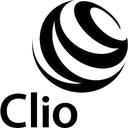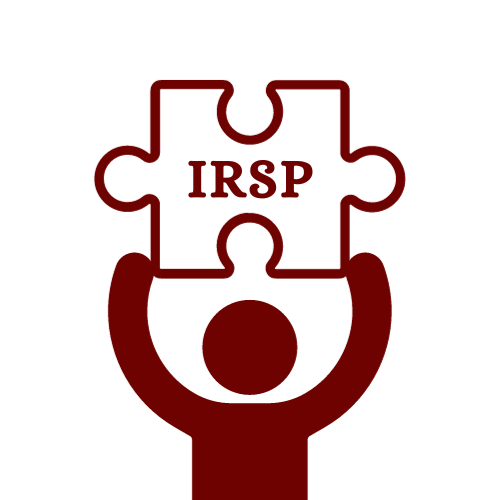Solar energy in rural Uganda
|
Researchers
Sabine de Bruin Lidewij van der Ploeg Nienke Dekens Nienke Raap Katja Joumanova Benjamin Lüber Supervising professor Dr. A. Zwitter You can download the full research here.
It is strictly forbidden to use and/or copy (parts of) this research without written approval of the both the IRSP and Unicef
|
What was this research about?
Energy shortage is assumed to be of a major concern for the development of the Third World. This may come not as surprise since in general each country that is regarded to be a developing country shows acute energy shortages. Energy is directly or indirectly linked to all of the eight Millennium Development Goals (MDGs). In this regard, solar technology takes in a prominent place. This is supported by the fact that NGO’s are increasingly applying solar technology in their aid projects. Due to the difficulties with national grid access in the Third World, Non-Governmental Organizations (NGO’s) and companies are considering other energy solutions. These can bring the benefits of electricity to the underprivileged peoples of the world, thereby providing a decisive stimulus to overall growth of a country. Certainly, there is good reason to assume that access to energy sources plays an essential role in the development of a country The objectives of this research paper are to provide guidelines for how projects involving solar energy can be implemented successfully and sustainably. By examining the advantages and disadvantages of solar technology in rural Africa, Uganda has been chosen in order to develop a framework that could suit many other countries of this continent. Despite a considerable reduction in the poverty headcount in the past decade, Uganda remains one of the poorest countries in the world. This study will not include other renewable energy sources such as wind or bio fuel in its analysis since this would go beyond the scope of this work. The first deliverable in this research paper will examine to what extent local populations in remote areas could profit from solar technology. The second will focus on a cost-benefit analysis of solar energy in comparison with traditional energy sources. By taking financial, environmental and socio-economic aspects into consideration. The third will provide a policy recommendation for future projects concerning the implementation of solar technology in Sub-Saharan Africa. | ||||||



